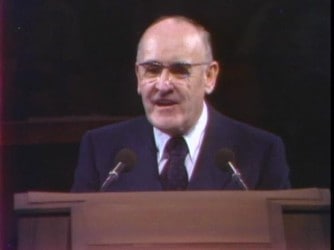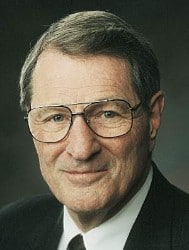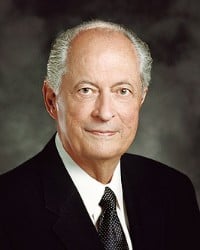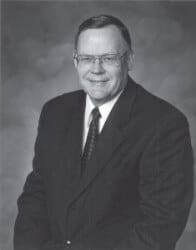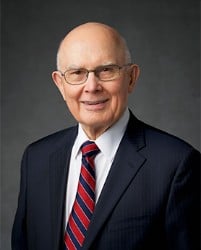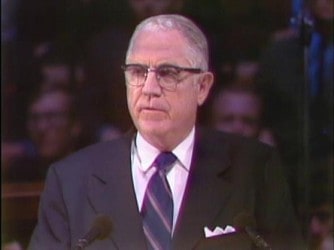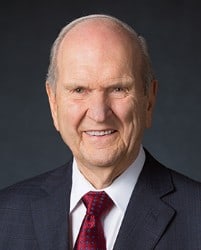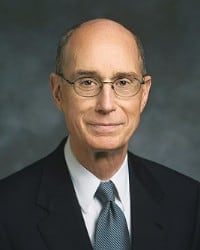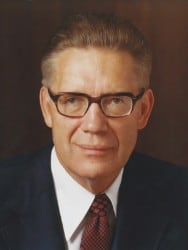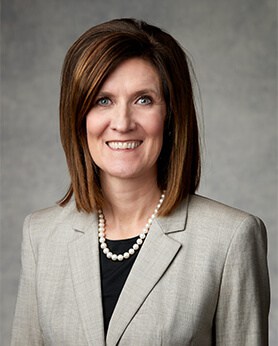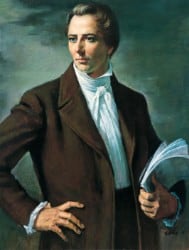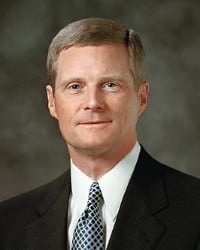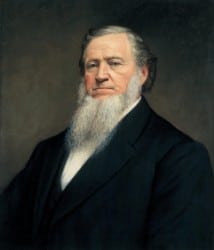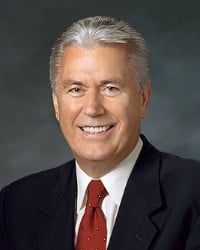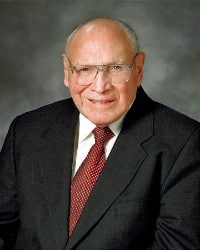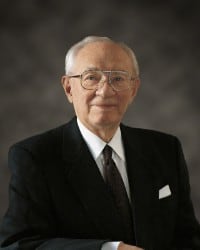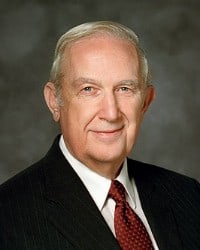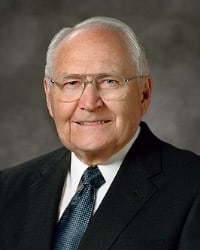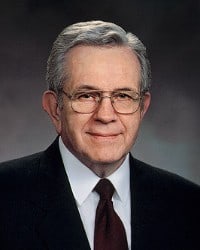Meanwhile, ultimate hope makes it possible to say the same three words used centuries ago by three valiant men. They knew God could rescue them from the fiery furnace, if He chose. “But if not,” they said, nevertheless, they would still serve Him! (Dan. 3:18)
Unsurprisingly the triad of faith, hope, and charity, which brings us to Christ, has strong and converging linkage: faith is in the Lord Jesus Christ, hope is in His atonement, and charity is the “pure love of Christ”! (See Ether 12:28; Moro. 7:47.) Each of these attributes qualifies us for the celestial kingdom (see Moro. 10:20–21; Ether 12:34). Each, first of all, requires us to be meek and lowly (see Moro. 7:39, 43).
Faith and hope are constantly interactive, and may not always be precisely distinguished or sequenced. Though not perfect knowledge either, hope’s enlivened expectations are “with surety” true (Ether 12:4; see also Rom. 8:24; Heb. 11:1; Alma 32:21). In the geometry of restored theology, hope has a greater circumference than faith. If faith increases, the perimeter of hope stretches correspondingly.
Just as doubt, despair, and desensitization go together, so do faith, hope, and charity. The latter, however, must be carefully and constantly nurtured, whereas despair, like dandelions, needs so little encouragement to sprout and spread. Despair comes so naturally to the natural man!
Elder Neal A. Maxwell
| Elder Neal A. Maxwell, Conference Report, October 1994
Topics: Charity, Faith, Hope, Natural Man
